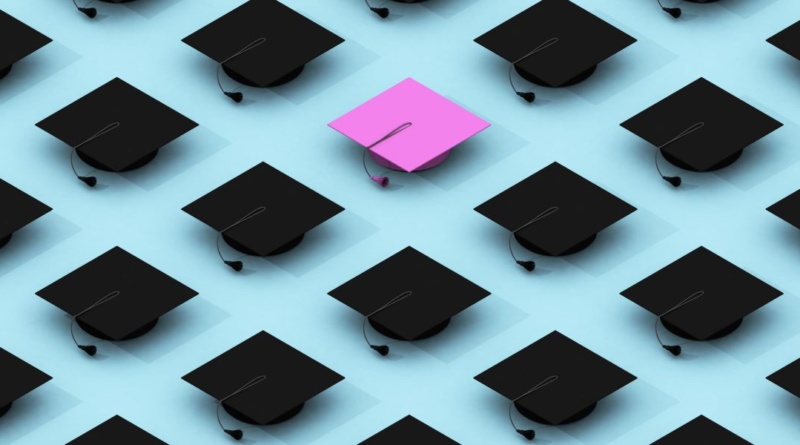Being rich makes you twice as likely to be accepted into the Ivy League and other elite colleges, new study finds
Good test scores aren’t enough to get you into an Ivy League. You have to be rich, too.
Students from high-income families are more than twice as likely to be accepted into “Ivy Plus” schools compared to their peers from low- or middle-income families with comparable SAT or ACT scores, a new study shows. The higher admissions rate leads to an extra 103 students from families in the top 1% in a typical class of 1,650 students, compared to the benchmark.
Ivy Plus refers to the eight colleges in the Ivy League plus the University of Chicago, Duke, M.I.T. (Massachusetts Institute of Technology), and Stanford. Families in America’s top 1% of income earn at least $650,000 annually.
Legacy admissions—which gives a leg up to the children of alumni—are the largest contributing factor to the overrepresentation of the top 1% at Ivy Plus schools. Legacy applicants from the top 1% are five times more likely to be admitted than students with comparable credentials, the study found.
Non-academic ratings, like extracurricular activities, leadership capacity, and personal traits, as well as athletic recruitment, were also cited as underlying factors to the admissions advantage.
But these three factors are unrelated or negatively associated with post-college success. In contrast, SAT and ACT scores and other academic ratings are predictive of post-college outcomes. (Still, these tests have a bias toward higher-income students who are able to afford test-prep tutors and the cost of retaking the tests multiple times.)
Pressure to reform admissions practices
Following the Supreme Court’s decision on June 29 to reverse affirmative action, effectively wiping out race-conscious admissions, top schools are facing pressure to reform their admissions practices that favor white, high-income students.
Wesleyan University announced on Wednesday it would end its legacy admissions. Other highly selective schools, including Amherst, Johns Hopkins, and Carnegie Mellon, dropped the practice in previous years.
Attending an Ivy Plus school triples students’ chances of attending elite graduate programs, getting prestigious jobs in medicine, research, law, and finance, and earning enough to qualify them for the top 1%.
The study shows that these alumni disproportionately account for a quarter of current U.S. senators, nearly half of all Rhodes scholars, and over two-thirds of Supreme Court justices since 1963. They also represent 12% of Fortune 500 CEOs and over 20% of those with income that puts them in the top 1%.
Ivy Plus schools could contribute to increasing the socioeconomic diversity of the country’s leaders by changing their admissions practices to minimize the advantage given to high-income students, the study argues. Others argue that this study is more evidence of top universities perpetuating the intergenerational transfer of wealth and power.
“What I conclude from this study is the Ivy League doesn’t have low-income students because it doesn’t want low-income students,” Susan Dynarski, an economist at the Harvard Graduate School of Education, told the New York Times.



